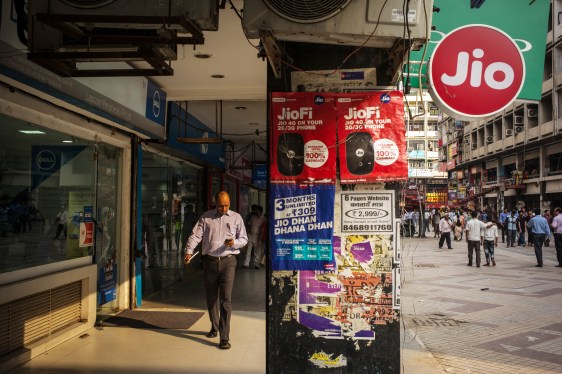India’s VPN Crackdown: Apple and Google Remove Dozens of Apps Following Government Intervention
Background on India’s Regulatory Framework for VPNs
In 2022, the Indian government introduced a regulatory framework governing Virtual Private Network (VPN) apps. The rules mandate that VPN providers maintain comprehensive records of their customers, including names, addresses, IP addresses, and transaction histories, for a five-year period. This stringent requirement has prompted pushback from major industry players.
Government Intervention Leads to App Removals
In recent weeks, more than half a dozen VPN apps have been removed from India’s Apple App Store and Google Play Store following intervention from government authorities. The Indian Ministry of Home Affairs issued removal orders for the apps, as documented in a review by TechCrunch and disclosed through Harvard University’s database, Lumen.
Affected Apps and Developers
Among the affected apps are Hide.me and PrivadoVPN. Apple cited a ‘demand’ from the Indian Cyber Crime Coordination Centre, part of the Ministry of Home Affairs, which deemed the developer content to contravene Indian law. In a communication seen by TechCrunch, Apple stated that they had received a demand from the government to remove these apps.
Government and Company Responses
The ministry, as well as Apple, Google, and Cloudflare, did not respond to requests for comment on this matter. The removal of VPN apps marks the first significant implementation of India’s 2022 regulatory framework governing VPNs.
Industry Reaction and Impact
Leading brands like NordVPN, ExpressVPN, Surfshark, and Proton VPN voiced significant reservations about the rules, with several announcing plans to withdraw their server infrastructure from India. Despite this, NordVPN, ExpressVPN, and Surfshark continue to maintain services for Indian customers, though they have stopped marketing their apps in the country.
Why VPNs Are a Concern
The enforcement of these regulations highlights the ongoing debate about data privacy and national security. As governments worldwide seek to monitor online activities more closely, VPNs become increasingly important tools for users seeking to protect their digital identities.
The Role of VPN Providers
Major VPN providers have expressed concerns over the regulatory framework, arguing that it poses significant operational challenges. These requirements demand a substantial increase in data storage capabilities and necessitate the collection and retention of extensive user information.
Potential Consequences and Alternatives
Critics argue that such regulations may ultimately hinder users’ ability to maintain their online anonymity, as VPNs become increasingly scrutinized by authorities. In response, some providers are exploring alternative server locations or business models that comply with the new regulations while preserving users’ data protection rights.
The Future of VPNs in India
As the Indian government enforces this regulatory framework, industry players are adapting their strategies to maintain services for users within the country. This development underscores the importance of navigating complex global regulations and ensuring data privacy protections continue to evolve with emerging technologies.
India’s Regulatory Framework: A Step Backwards for Data Protection?
Critics argue that these regulations infringe upon users’ right to anonymity online, which is crucial in today’s digital landscape where internet freedom is increasingly being challenged by governments worldwide. This move highlights the ongoing struggle between data protection and national security concerns.
Industry Pushback Against India’s VPN Regulations
Major industry players have expressed significant reservations about the rules, arguing that they pose operational challenges and may ultimately hinder users’ ability to maintain their online anonymity. Several leading brands announced plans to withdraw their server infrastructure from India in response to these requirements.
Why VPNs Are Crucial for Users
As governments increasingly seek to monitor online activities more closely, VPNs become essential tools for users seeking to protect their digital identities and prevent mass surveillance by authorities. The removal of VPN apps highlights the importance of ensuring data protection rights continue to evolve with emerging technologies.
Conclusion
The removal of VPN apps from India’s Apple App Store and Google Play Store marks a significant implementation of the country’s 2022 regulatory framework governing VPNs. As industry players adapt their strategies to maintain services for users within the country, it remains to be seen how this development will shape the future of data protection worldwide.
Sources:
- TechCrunch
- Lumen (Harvard University’s database)
- Indian Ministry of Home Affairs
- Apple and Google
Additional Reading:



